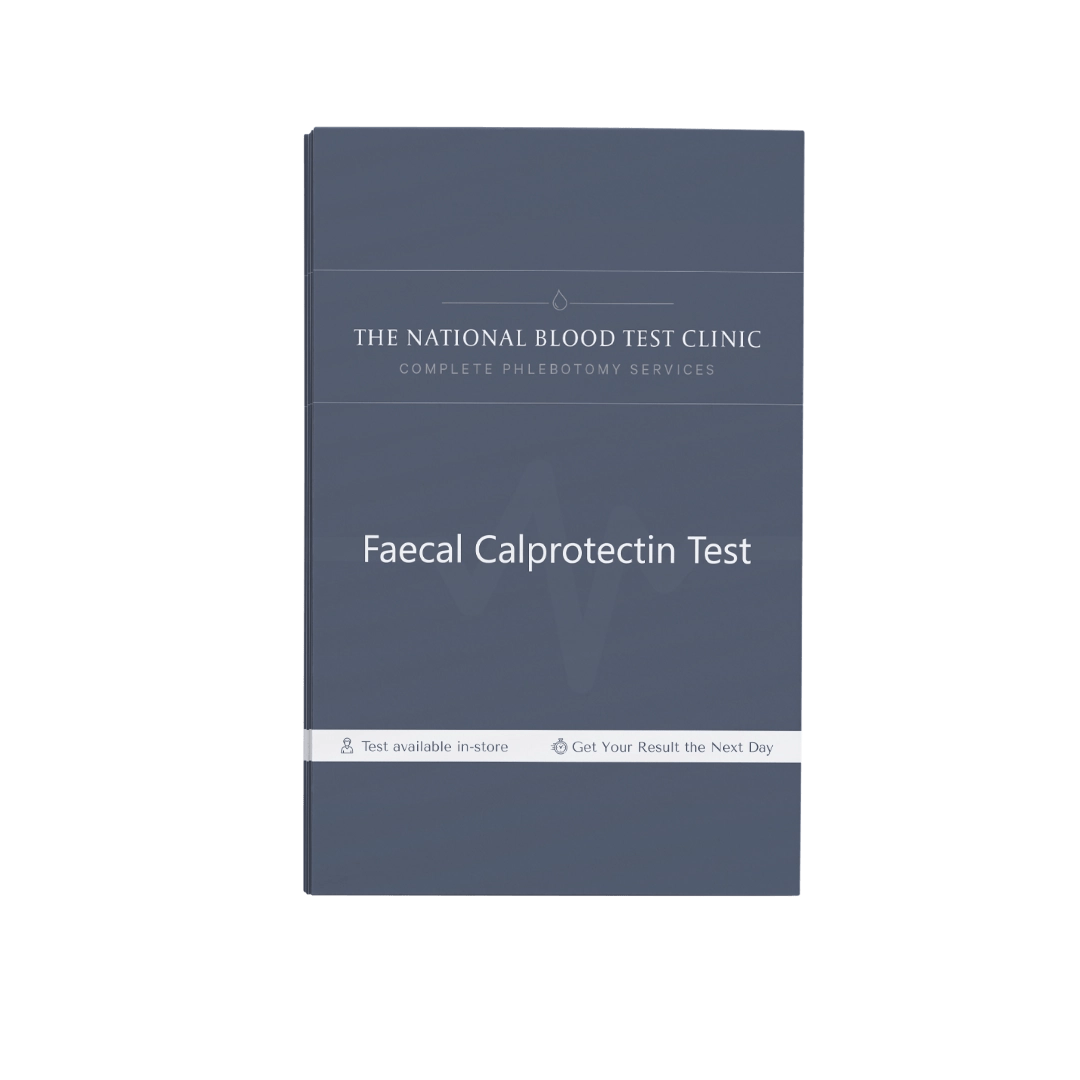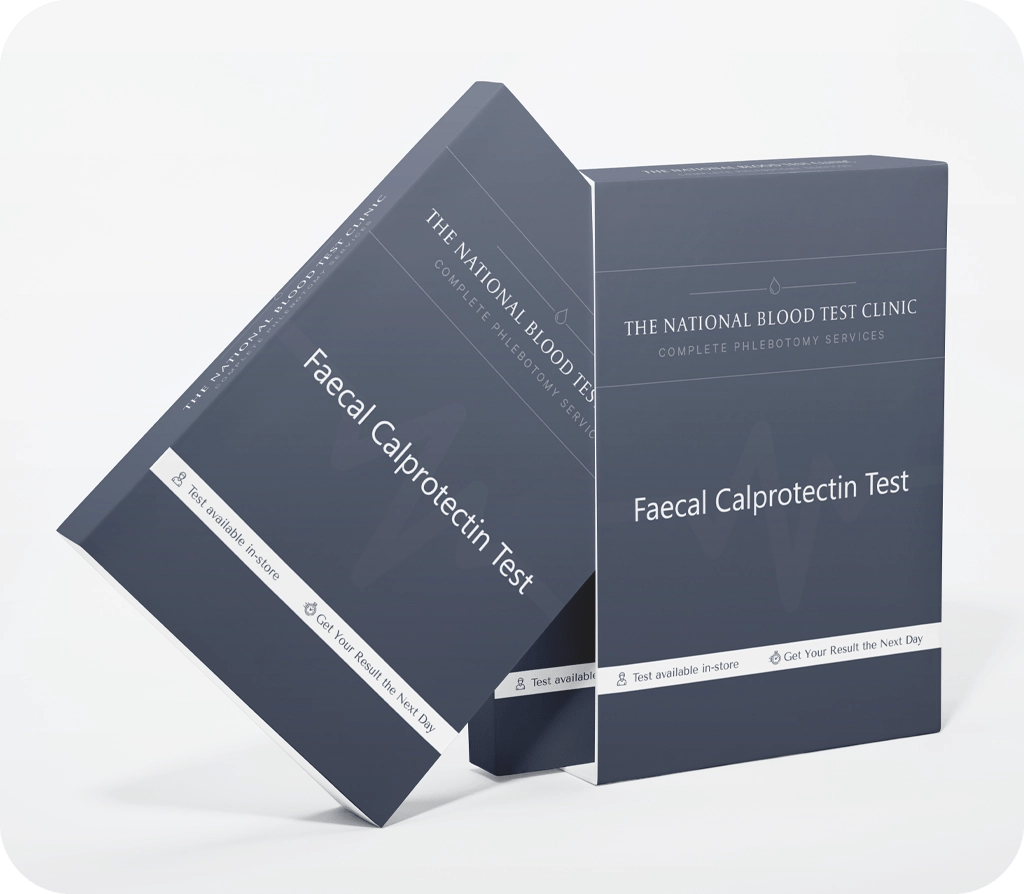My Store
Faecal Calprotectin Test
Faecal Calprotectin Test
SKU:FCAL
Ongoing digestive symptoms such as abdominal pain, diarrhoea, or bloating can be difficult to distinguish between conditions like IBS and inflammatory bowel disease (IBD). The Faecal Calprotectin Test measures the level of calprotectin, a marker of intestinal inflammation, helping to identify whether gut symptoms are caused by functional issues or underlying inflammation.
Why Calprotectin Stool Test Matters?
The Faecal Calprotectin testing is crucial for differentiating between non-inflammatory conditions (such as IBS) and inflammatory bowel disease (such as Crohn’s disease or ulcerative colitis). Early detection of gut inflammation through this test can help guide further investigation, prevent complications, and support more targeted treatment.
What Gets Assessed?
- Levels of calprotectin, a protein released during intestinal inflammation
Turnaround Time
- 10 Days
100 in stock
Couldn't load pickup availability
Enter Your Details
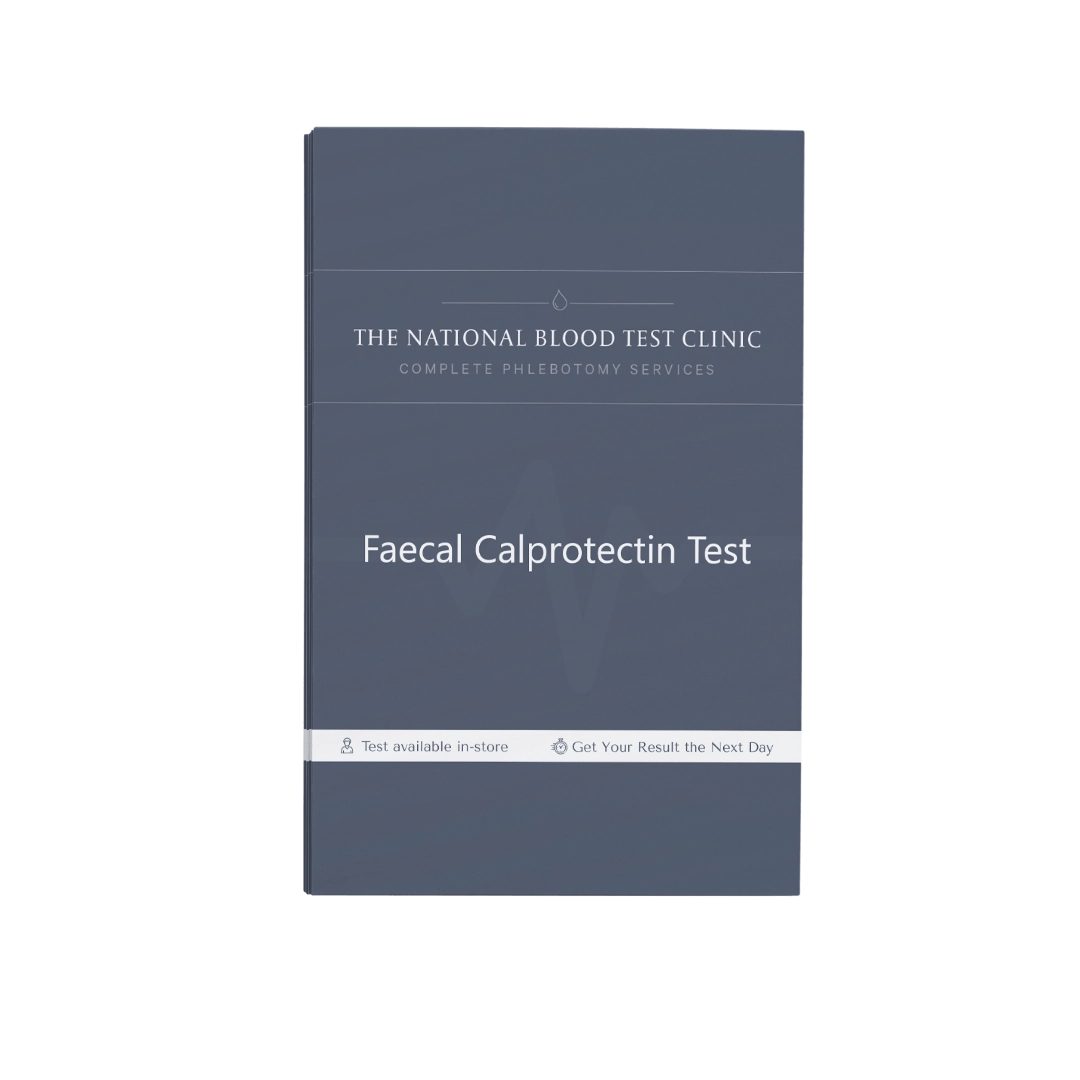
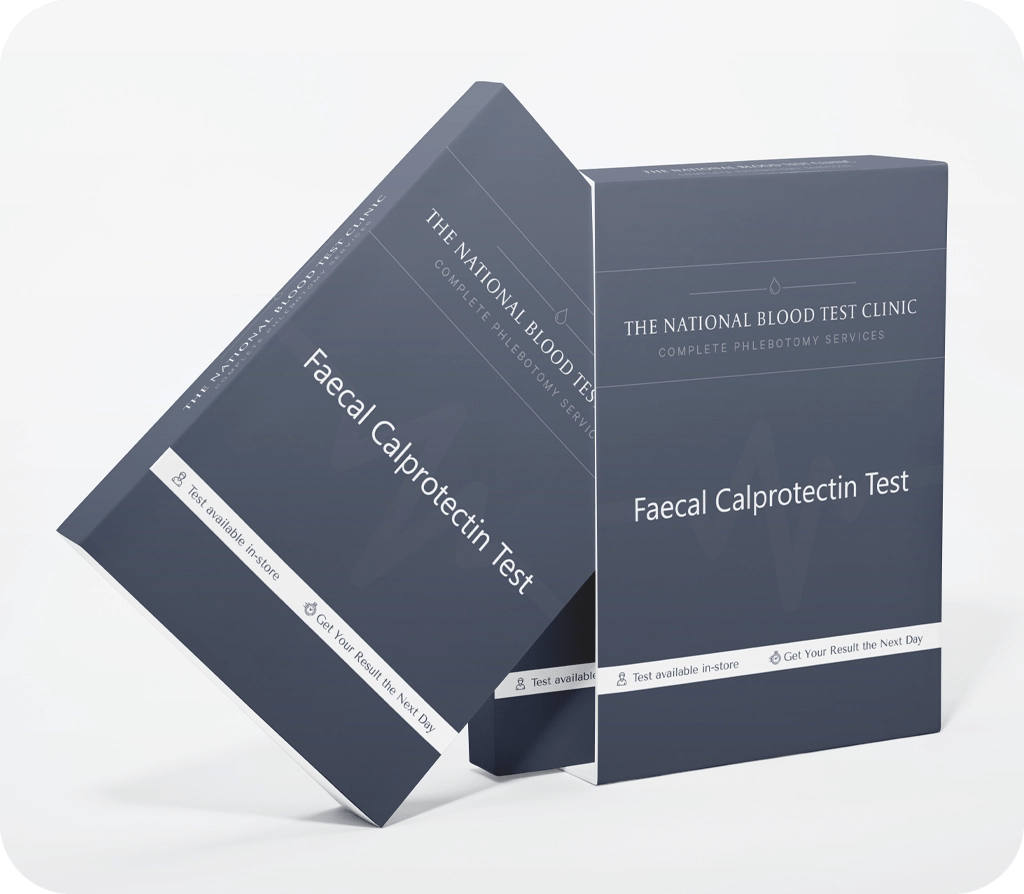
Visit a partner clinic (+£50)
Once you've ordered your test, look out for an email from our phlebotomy partners containing information and a link to book your appointment. We'll send you everything the clinic will need to complete the sample and post it back to our labs.
Organise a Nurse Yourself
If none of the above options work for you, you can arrange your own medical professional to collect your sample. There is no additional charge for this. Once you've ordered your test, we'll send you everything you and your chosen medical professional will need to collect a sample and post it back to our labs.
How Our Test Works
-

Place Your Order
Place your order online and receive a test kit delivered to your home. You’ll need to bring this kit with you to your scheduled appointment at one of our partner blood collection clinics.
-

Attend Your Appointment
At your chosen clinic, a trained nurse or phlebotomist will collect your blood sample using the kit you bring. If a sample collection courier is not available at the site, you’ll be asked to take the sealed sample with you and post it using the prepaid packaging provided.
-
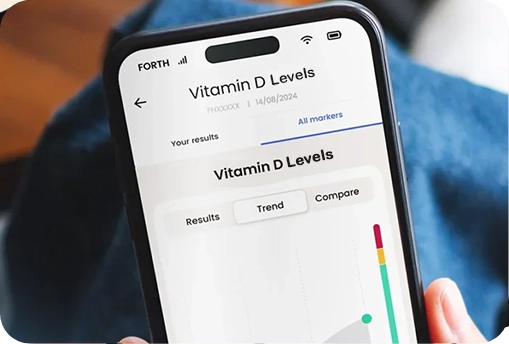
Receive Your Results
Once your results are ready, you’ll receive an email notification to log in and view them securely via your private portal. Please note: venous blood test results are not automatically reviewed by a doctor. We recommend booking a consultation with a qualified clinician to help you interpret and understand your results fully.
FAQs
Who should take the Faecal Calprotectin Test?
This test is recommended for individuals with ongoing digestive symptoms such as chronic diarrhoea, abdominal pain, bloating, or unexplained weight loss. It is particularly useful for distinguishing between irritable bowel syndrome (IBS) and inflammatory bowel disease (IBD).
How is the stool sample collected?
The Faecal Calprotectin Test requires a small stool sample, which can be collected at home using a sterile container and then sent to the laboratory for analysis.
What does a high faecal calprotectin level mean?
Elevated calprotectin levels in stool indicate active inflammation in the intestines. This may suggest conditions such as Crohn’s disease, ulcerative colitis, or other inflammatory gut disorders.
Does the Faecal Calprotectin Test diagnose a specific condition?
No. While high levels confirm intestinal inflammation, the test alone does not provide a definitive diagnosis. Further investigations, such as endoscopy or imaging, are often required to identify the exact cause.
Can diet or medication affect faecal calprotectin results?
Yes. Certain medications, such as non-steroidal anti-inflammatory drugs (NSAIDs), and temporary gut infections can raise calprotectin levels, so it’s important to inform your healthcare provider about recent medicines or illnesses before testing.
Subscribe to our emails
Be the first to know about new collections and exclusive offers.

